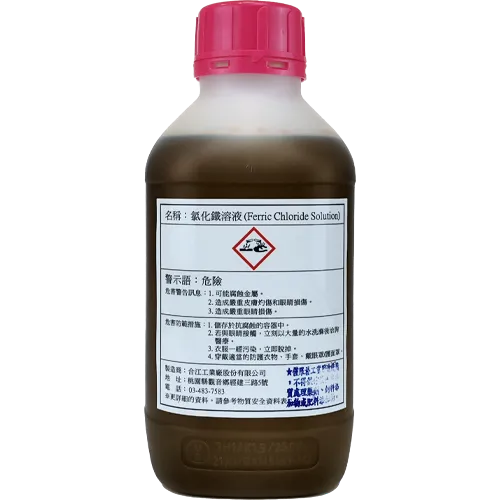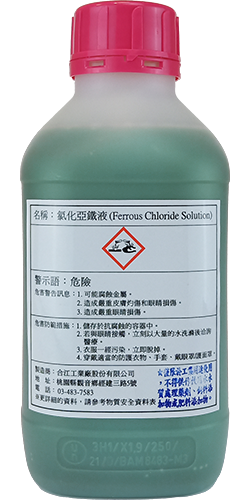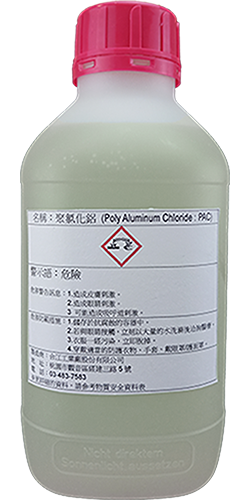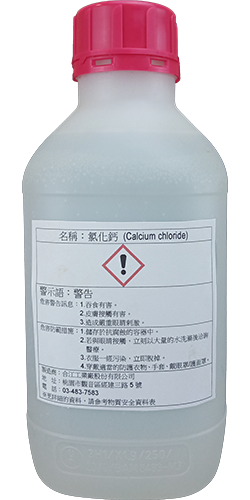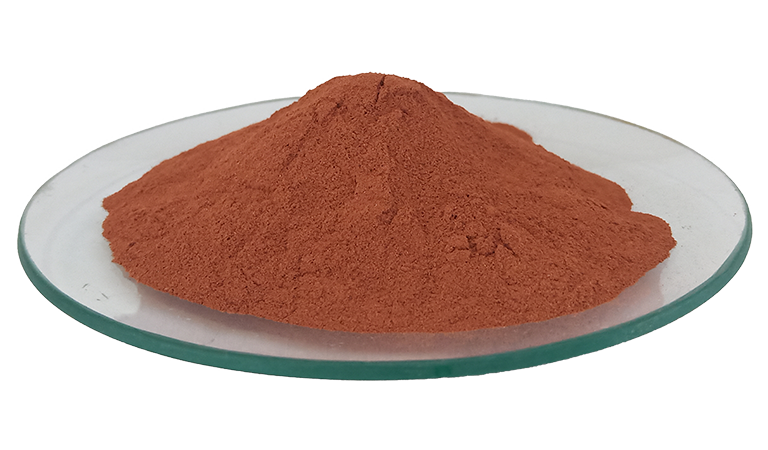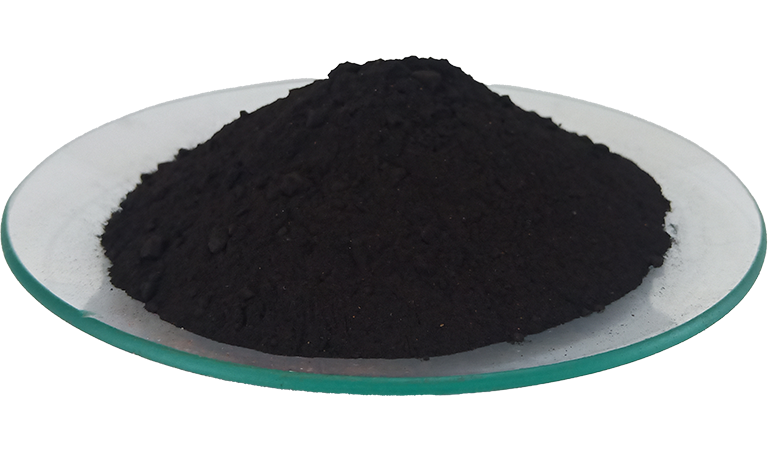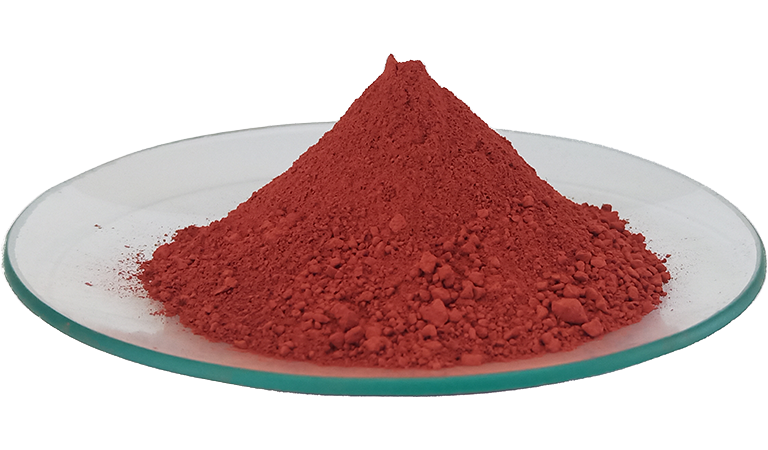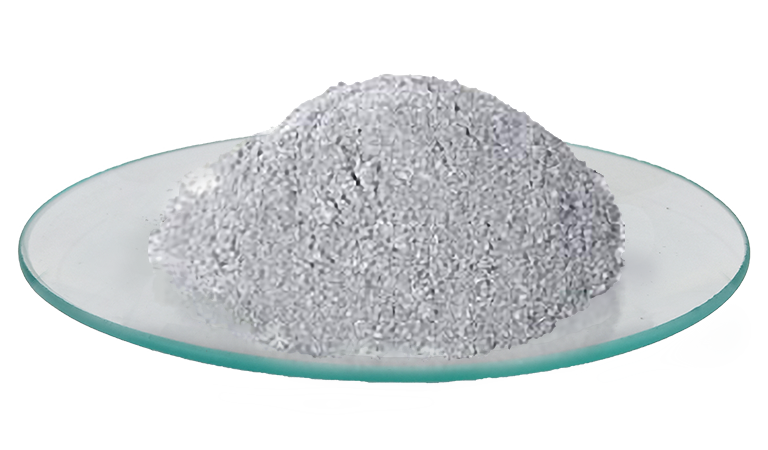Ferrous Chloride Solution
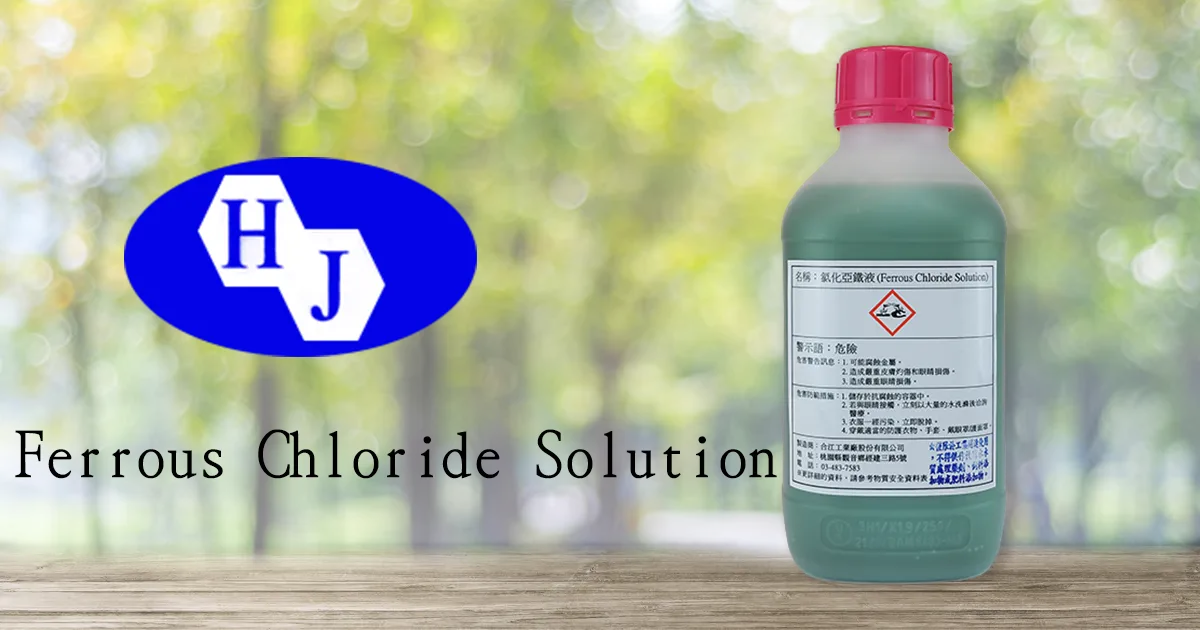
Product Introduction
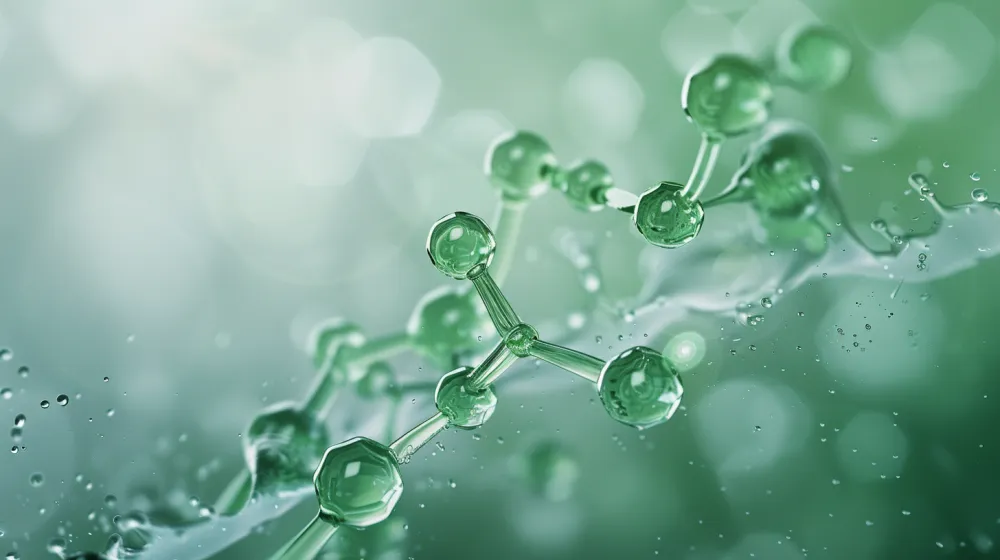
Ferrous chloride is an inorganic compound with the chemical formula FeCl2. It is one of the important iron salts, presenting as light green crystals that are easily soluble in water and alcohol. Its aqueous solution is acidic, with a pH value of approximately 3-4.
Uses of Ferrous Chloride:
Mainly used as a reducing agent, catalyst, and pigment. It is applied in organic synthesis, water treatment, and can be used as an intermediate in pharmaceuticals, such as a raw material for antibiotics.
Safety:
Ferrous chloride is toxic and can irritate the eyes and respiratory tract. In case of contact, rinse immediately with water and seek medical attention if necessary. Proper protection should be taken during industrial production and use to avoid skin contact and inhalation of dust.
Overall, ferrous chloride is an important inorganic salt with extensive applications in industry and pharmaceuticals, but safety precautions are necessary during use.
Specifications
Color |
Light Green Liquid |
Specific Gravity |
Above 1.2 |
Ferrous Chloride |
20.0% ~ 35% |
Free Acid |
Below 0.5% |
Special specifications can be customized according to customer needs.
Packaging Specifications
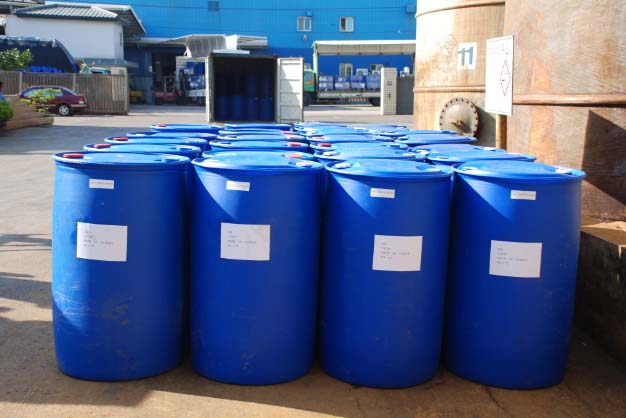
Barrel Specifications
20 ft Container, 50 Gallon PE Barrel Packaging

Transport Tanker
Various Transport Tankers, Capacity Range from 3 to 20 Tons.
Properties and Applications
Uses as a Reducing Agent

Ferrous chloride (FeCl2), as a strong reducing agent, is widely used in various industrial applications. Its reducing properties allow it to effectively remove heavy metal ions in wastewater treatment, improving water quality. In textile dyeing and pigment coloring, ferrous chloride enhances dye adhesion and color vibrancy, improving product quality.
Additionally, ferrous chloride is used in the composition of extreme pressure lubricants, maintaining excellent performance and longevity under high-pressure conditions. Its reducing properties make it a key component in many industrial processes, such as metal extraction in the metallurgical industry.
The reducing properties of ferrous chloride also make it useful as an intermediate and catalyst in the pharmaceutical industry. Due to its high efficiency and versatility, ferrous chloride is an essential material in many chemical plants and manufacturing industries. The use of ferrous chloride as a reducing agent not only improves industrial processes' efficiency but also reduces costs.
Ferrous chloride is widely used globally, especially in Taiwan's industrial sector, playing a crucial role.
Uses as a Mordant

Ferrous chloride (FeCl2), as a mordant, has important applications in the dyeing industry. A mordant improves the adhesion of dyes to fibers, enhancing the uniformity and stability of the dyeing process. Ferrous chloride effectively enhances dye adhesion, making colors more vibrant and long-lasting.
In the dyeing process, ferrous chloride not only improves dyeing effects but also reduces dye usage, increasing production efficiency. Specific applications include:
- Textile dyeing
- Pigment coloring
- Improving dye adhesion
- Enhancing color vibrancy
In Taiwan, ferrous chloride is widely used in the textile dyeing industry, especially in processes requiring high-quality dyeing effects. Due to its excellent performance, ferrous chloride has become an indispensable mordant in the dyeing industry.
Ferrous chloride plays a crucial role in Taiwan's dyeing industry, significantly enhancing product quality and production efficiency.
Uses as a Decolorizing Agent
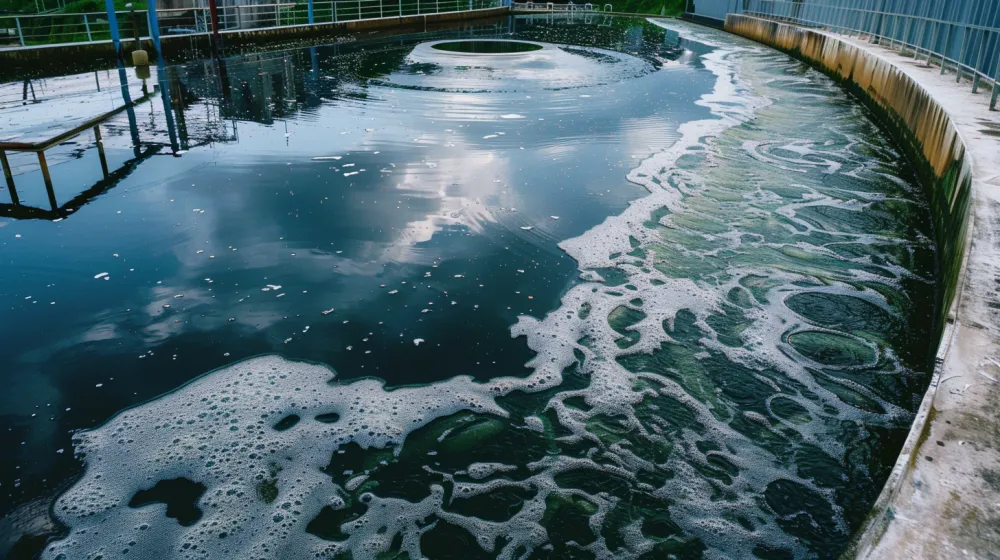
Ferrous chloride (FeCl2), as a decolorizing agent, plays a vital role in the wastewater treatment of dye intermediates, dyeing, and papermaking industries. Ferrous chloride has a unique decolorizing ability, effectively removing pigments and organic substances from wastewater, significantly improving water quality.
Using ferrous chloride as a decolorizing agent simplifies the water treatment process, shortens treatment cycles, and reduces costs. Specific applications include:
- Wastewater treatment of dye intermediates
- Wastewater treatment in the dyeing industry
- Wastewater treatment in the papermaking industry
In Taiwan, ferrous chloride is widely used in these industries, particularly where high-efficiency decolorizing and water quality improvement are required. Due to its excellent performance, ferrous chloride has become an indispensable decolorizing agent in wastewater treatment.
Ferrous chloride plays a key role in Taiwan's wastewater treatment, significantly enhancing water quality and treatment efficiency.
Uses in Wastewater Treatment
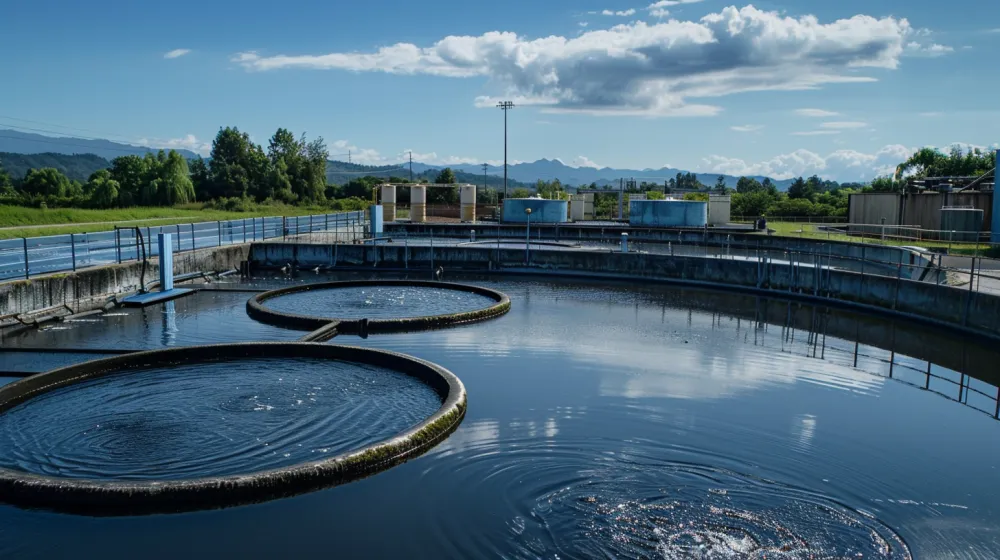
Ferrous chloride (FeCl2) plays a significant role in wastewater treatment, particularly as a wastewater treatment agent. It effectively removes heavy metal ions and organic pollutants from wastewater, significantly improving water quality and reducing treatment costs.
The application range of ferrous chloride in wastewater treatment is extensive, including but not limited to:
- Removal of heavy metal ions
- Removal of organic pollutants
- Cost reduction in treatment
Moreover, ferrous chloride shows significant results in the wastewater treatment of the electroplating, leather, and papermaking industries, capable of removing almost all heavy metal ions with a removal rate close to 100%, at a low treatment cost.
In Taiwan, ferrous chloride is widely used in wastewater treatment across various industries, particularly where high levels of heavy metals and organic pollutants are present. Due to its high efficiency and cost-effectiveness, ferrous chloride has become an ideal choice for wastewater treatment.
Ferrous chloride significantly improves water quality and environmental standards in Taiwan's wastewater treatment industry, becoming an indispensable component in the field.
Metallurgical Applications
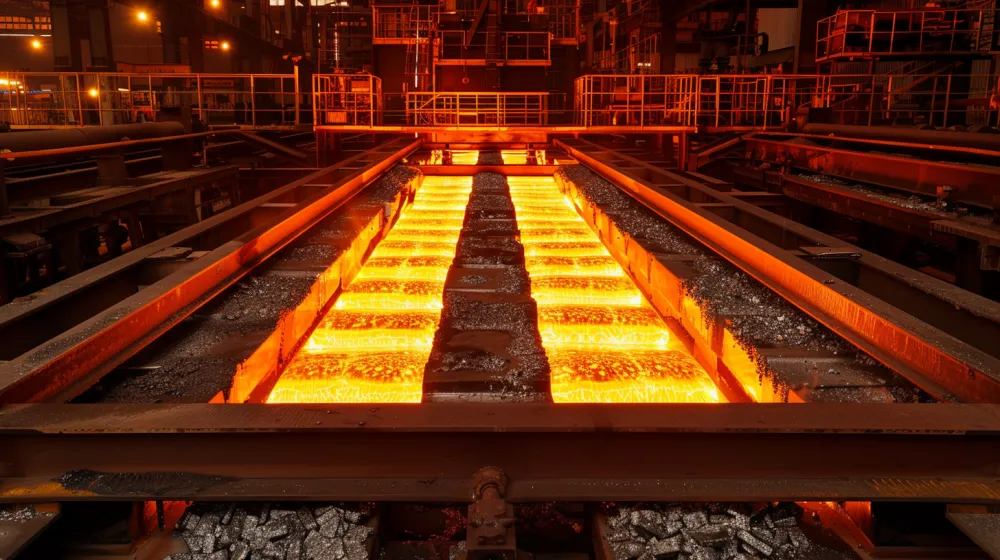
Ferrous chloride (FeCl2) has extensive applications in the metallurgical industry. It is used in metal reduction processes, effectively improving metal recovery rates, enhancing metallurgical processes, and improving product quality.
Specific applications include:
- Metal reduction
- Enhancement of metallurgical processes
- Improvement of product quality
In Taiwan, ferrous chloride plays a significant role in the metallurgical industry, especially in the production processes requiring high-quality metals. Due to its superior performance, ferrous chloride has become an indispensable material in the metallurgical industry.
Ferrous chloride significantly enhances product quality and process levels in Taiwan's metallurgical industry, becoming an important application material in the field.
Components of Extreme Pressure Lubricants
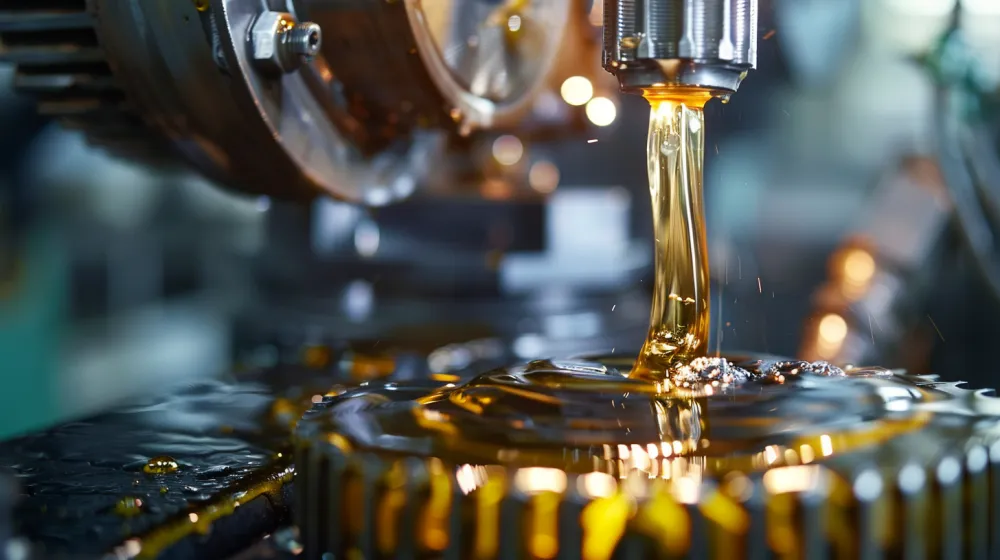
Ferrous chloride (FeCl2) as a component of extreme pressure lubricants performs excellently in industrial applications. These lubricants maintain superior performance and longevity under high-pressure conditions, ensuring smooth operation of mechanical equipment.
The application of ferrous chloride in lubricants has the following advantages:
- Enhancing lubricant performance
- Extending lubricant lifespan
- Ensuring smooth operation of mechanical equipment
In Taiwan, ferrous chloride is widely used in the production of extreme pressure lubricants, particularly in industrial fields requiring high-efficiency lubrication and long-lasting lubricants. Due to its superior performance, ferrous chloride has become a key component in these applications.
Ferrous chloride significantly enhances product performance and lifespan in Taiwan's extreme pressure lubricant manufacturing, becoming an indispensable key material in the industry.
Chemical Synthesis

Ferrous chloride (FeCl2) plays a significant role in chemical synthesis, acting as an efficient reactant to improve reaction efficiency and yield. It is widely used in various chemical synthesis processes, including pharmaceuticals, pesticides, and dyes.
Specific applications of ferrous chloride in chemical synthesis include:
- Synthesis of pharmaceutical intermediates
- Synthesis of pesticides
- Synthesis of dyes
In Taiwan, ferrous chloride is widely applied in the chemical industry, particularly in fields requiring high-efficiency chemical reactions. Due to its superior performance and stability, ferrous chloride has become an ideal choice for many chemical synthesis processes.
Ferrous chloride significantly improves reaction efficiency and product quality in Taiwan's chemical synthesis field, becoming an indispensable important chemical raw material in the industry.
Frequently Asked Questions

Question 1: What are the main applications of ferrous chloride?
The main applications of ferrous chloride include being used as a reducing agent, mordant, decolorizing agent, wastewater treatment agent, component of extreme pressure lubricants, and an important raw material in chemical synthesis.
Question 2: What are the characteristics of ferrous chloride aqueous solution?
The aqueous solution of ferrous chloride is light green, acidic with a pH value of about 3-4, easily soluble in water and alcohol. It is easily oxidized to ferric chloride in the air and should be stored under anhydrous and oxygen-free conditions.
Question 3: What is the SDS (Safety Data Sheet) for ferrous chloride?
The SDS (Safety Data Sheet) for ferrous chloride provides safety information related to ferrous chloride, including its physical and chemical properties, hazard identification, first aid measures, handling and storage methods, etc., to ensure safety during use and handling.
Question 4: What is ferrous chloride tetrahydrate?
Ferrous chloride tetrahydrate (FeCl2·4H2O) is a form of ferrous chloride containing four water molecules, commonly found in chemical experiments and industrial applications, with properties similar to anhydrous ferrous chloride.
Question 5: What role does ferrous chloride play in wastewater treatment?
In wastewater treatment, ferrous chloride acts as a strong reducing agent, effectively removing heavy metal ions and organic pollutants, improving water quality, and reducing treatment costs. It is widely used in wastewater treatment in the electroplating, leather, and papermaking industries.
Question 6: What is the English name of ferrous chloride?
The English name of ferrous chloride is Ferrous Chloride, with the chemical formula FeCl2.
Question 7: What are the preparation methods of ferrous chloride?
Ferrous chloride can be prepared by the reaction of iron with chlorine: Fe + Cl2 → FeCl2, or by the reaction of iron with hydrochloric acid: Fe + 2HCl → FeCl2 + H2.
Question 8: What are the usage scenarios of ferrous chloride in the chemical industry?
Ferrous chloride is used in the chemical industry as a reducing agent, catalyst, and raw material for chemical synthesis, applied in the synthesis of pharmaceuticals, pesticides, and dyes.
Question 9: What are the applications of ferrous chloride in the medical field?
In the medical field, ferrous chloride is mainly used as an intermediate in pharmaceuticals, particularly playing an important role in the preparation of antibiotics.
Safety Data Sheet
Quick Browse All Products
Professional Services
Resource Reuse
Recycling and reuse of waste liquid from printed circuit boards and metal surface treatment, achieving resource circulation and environmental protection.
Learn moreMetal Etchant
Ferric Chloride Solution
Ferric Chloride: An efficient agent for metal etching, water treatment, and various industrial applications.
Learn moreWater Treatment Agents
Ferric Chloride Solution
Ferric Chloride: An efficient agent for metal etching, water treatment, and various industrial applications.
Learn moreFerrous Chloride Solution
Ferrous Chloride: A high-efficiency reducing agent for wastewater treatment, fabric dyeing, and various industrial uses.
Learn morePoly Aluminum Chloride (PAC)
Poly Aluminum Chloride: An efficient wastewater treatment agent, suitable for various types of wastewater, improving treatment efficiency.
Learn moreCalcium Chloride
Calcium Chloride: Used for fluorine-containing wastewater treatment, refrigeration, ice making, and as an antifreeze in construction.
Learn moreDiverse Copper Metals
Copper Powder
Copper Powder: High purity, suitable for powder metallurgy, electronic components, and chemical catalysts.
Learn moreCopper Oxide Powder
Copper Oxide: Used in catalysts, glass coloring, analytical reagents, and petroleum desulfurization.
Learn moreCuprous Oxide Powder
Cuprous Oxide: Used in antifouling paint, pesticides, red glass, and copper salt production.
Learn moreSilver-Coated Copper Powder
Silver-Coated Copper Powder: Enhances conductivity and oxidation resistance, suitable for conductive adhesives, paints, and inks.
Learn more

